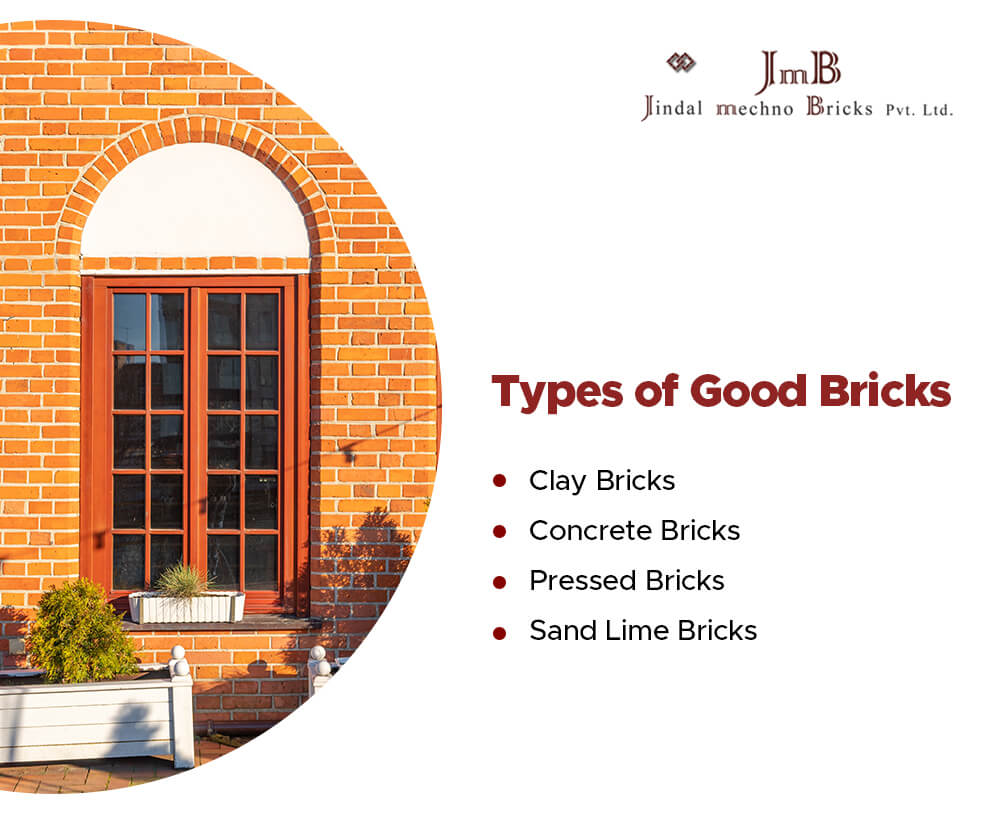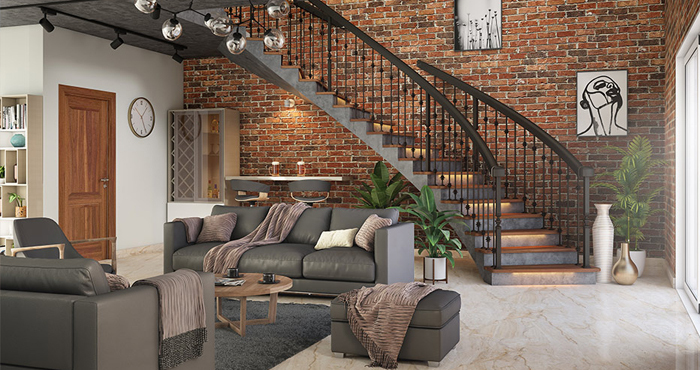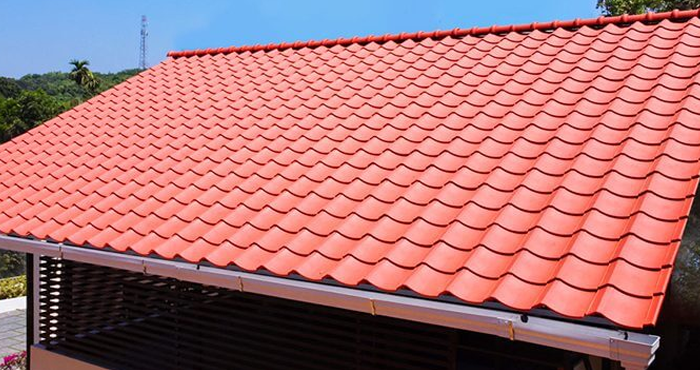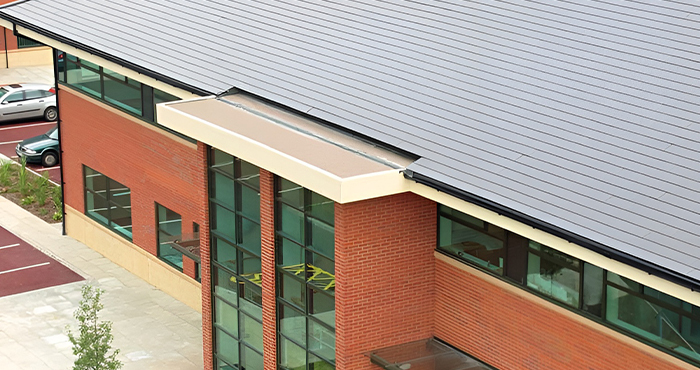The foundation of any sturdy building lies not just in its design but also in the quality of its materials, particularly bricks. High-quality bricks are important for ensuring the longevity, aesthetic appeal, and structural integrity of buildings. Whether you are constructing a new home, a commercial space, or adding an exposed brick wall for aesthetic texture, the quality of the bricks you choose will significantly impact the outcome and durability of your project. In this blog, we will explore the essential qualities of high quality bricks, the different types available, and how high-quality bricks can transform your construction projects.

Types of Good Bricks
When selecting bricks for construction, it is important to understand the variety available to find the best match for your project. Here is a closer look at the most common types of good bricks:
Clay Bricks: Made from natural clay, these bricks are kiln-fired to harden them. They are prized for their classic aesthetic, strength, and excellent insulating properties, which help maintain indoor temperatures.
Concrete Bricks: These are made from solid concrete and are often chosen for their versatility. They can be made in a range of colors and finishes, making them suitable for both structural and decorative use.
Pressed Bricks: Known for their smooth texture and uniform shape, pressed bricks are formed using molds and extreme pressure. They are particularly popular for exposed brick walls where aesthetics are important.
Sand Lime Bricks: Also known as calcium silicate bricks, these are made by mixing sand, lime, and water followed by a chemical process that binds the materials together. These bricks offer a smooth finish and are typically stronger and more uniform than traditional clay bricks.
Properties of Good Bricks
Choosing high-quality bricks is crucial for ensuring the longevity and safety of your construction. Here are the fundamental properties of good bricks:
Uniformity in Size and Shape: Bricks should be consistent in size and shape to ensure they fit together well and provide a stable structure. Uniform bricks make the construction process smoother and more efficient.
Durability: A good brick must be able to withstand environmental stresses such as changes in temperature and humidity without cracking or losing strength.
Color Consistency: Uniform color in bricks suggests quality control during the mixing and firing processes. Consistent color throughout a batch of bricks enhances the overall appearance of the construction.
Low Porosity: Good bricks should have low porosity to minimize water absorption. This prevents moisture from seeping into the brick, which can cause damage during freeze-thaw cycles.
Sound Insulation: Effective sound insulation is another important property of good bricks. This ensures that noise is minimized between different rooms or from external sources, enhancing the comfort of building occupants.
Thermal Efficiency: Bricks with good thermal properties help in maintaining a consistent temperature within a building, making it more energy-efficient and comfortable to live or work in.
Qualities of Good Clay Bricks
Clay bricks, often preferred for their aesthetic and structural capabilities, possess specific qualities that make them a prime choice for construction. Here are some qualities of good clay bricks:
Color and Texture: Good clay bricks have a rich, uniform color and texture that does not fade over time, adding to the building’s aesthetic appeal.
Sound Insulation: They provide excellent sound insulation, making them ideal for residential and commercial buildings where noise reduction is desirable.
Fire Resistance: Clay bricks are inherently fire-resistant, which enhances the safety of the structure.
Environmental Impact: High-quality clay bricks are often made from natural materials and are recyclable, contributing to their sustainability.
Applications of Good Bricks
High-quality bricks are versatile and can be used in various construction and design applications. Here’s how they contribute to different aspects of building and architecture:
Structural Walls: Bricks are a fundamental material for constructing load-bearing walls. Their compressive strength and durability provide the necessary support for buildings, ensuring structural integrity over many years.
Facade Treatments: Bricks are often chosen for facades due to their aesthetic appeal and durability. Whether for residential homes or commercial buildings, a brick facade offers a timeless look that can withstand weather elements and maintain its beauty.
Fireplaces and Chimneys: The heat resistance of high-quality bricks makes them ideal for use in fireplaces and chimneys. They can endure high temperatures without deteriorating, ensuring safety and functionality in heating applications.
Landscaping: Bricks are also commonly used in outdoor spaces for paths, patios, and garden walls. Their robust nature makes them suitable for landscaping projects where durability and appearance are important.
Exposed Brick Walls: For interior design, pressed bricks are particularly popular for creating stylish exposed brick walls. These walls add character and warmth to any room, serving as a focal point or a complementary backdrop.
Choose Jindal Mechno Bricks for Unmatched Quality
At Jindal Mechno Bricks, we are committed to supplying only the best quality bricks, tailored to meet your specific construction needs. Our bricks are crafted from the finest materials, ensuring they meet all the qualities of good bricks – durability, strength, low water absorption, and aesthetic appeal. Whether you are looking to build a new home, a commercial property, or incorporate an elegant exposed brick wall, Jindal Mechno Bricks provides the reliability and quality you need. Trust in our expertise to supply you with bricks that will stand the test of time and add value to any construction project.
FAQs
Q. How do I choose the right type of brick for my project?
Ans. Consider the specific needs of your project, such as structural requirements, aesthetic goals, and environmental conditions. Clay bricks are excellent for strength and thermal insulation, while pressed bricks are ideal for visible surfaces like exposed walls.
Q. Can high-quality bricks reduce energy costs?
Ans. Yes, bricks with good insulation properties can help maintain indoor temperatures, reducing the need for heating and cooling and thereby lowering energy costs.
Q. Are all types of bricks suitable for outdoor use?
Ans. While most bricks are suitable for outdoor use, it’s important to choose bricks with low porosity and high durability for environments exposed to harsh weather conditions, such as sand lime bricks or high-quality clay bricks.
Q. How long can I expect my brick structure to last?Ans. With proper installation and maintenance, high-quality bricks can last for decades, even centuries. Their durability is one of the main reasons bricks have been a preferred building material for so long.





